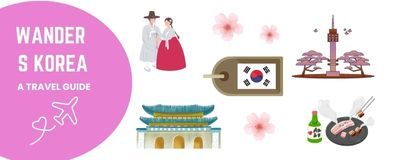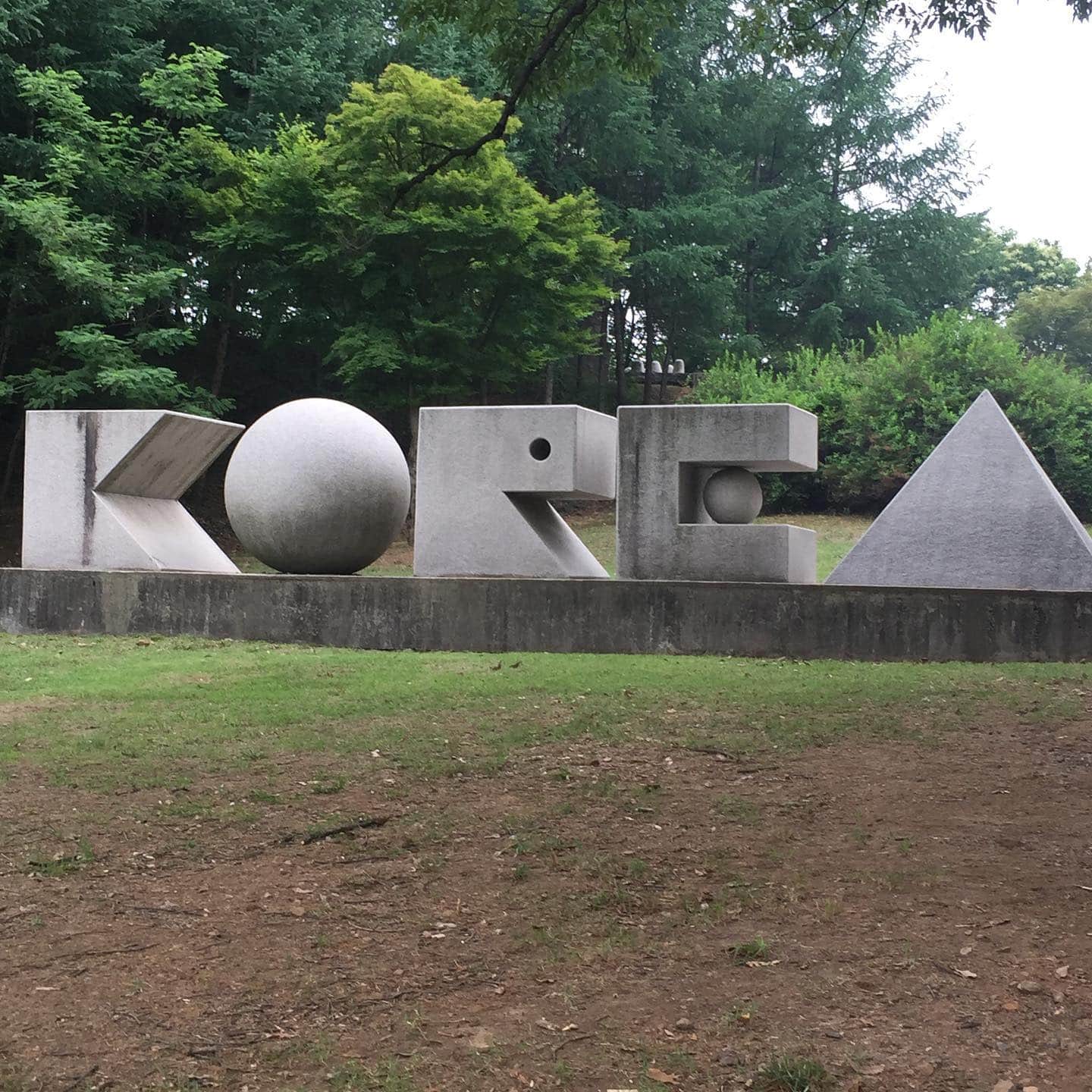
South Korea is considered a safe destination. However, like any popular tourist spot, there are some common scams to be aware of.
While these situations may not be as egregious as theft or pickpocketing in other tourist destinations, being prepared and knowing what to look for can help you avoid unpleasant experiences and enjoy your trip with peace of mind.
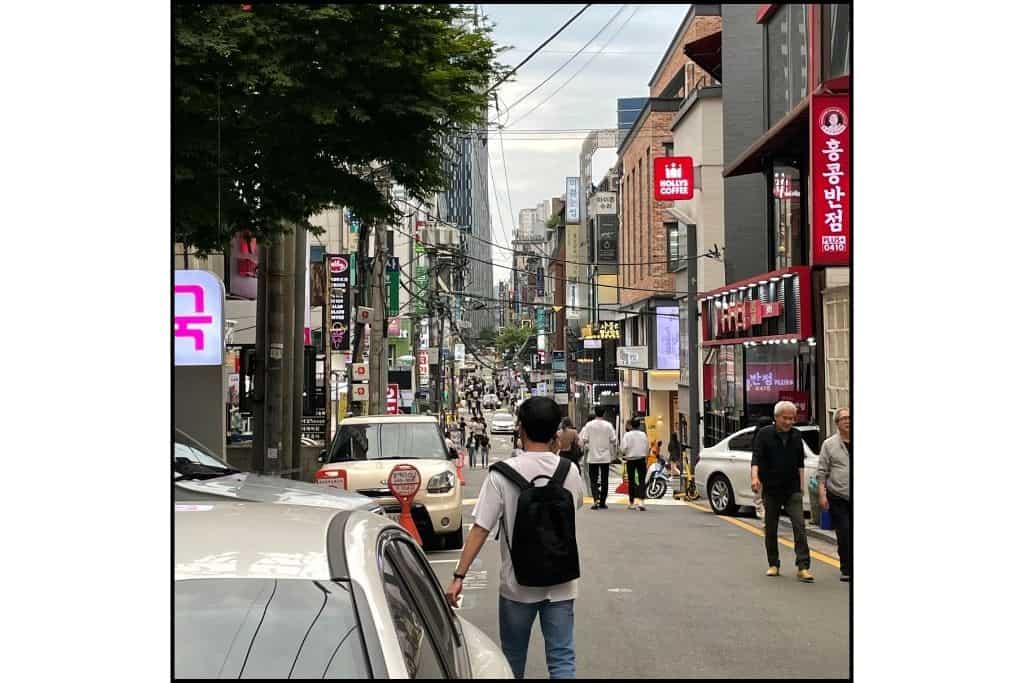
While there are scams to be aware of in South Korea, I love traveling here because I never feel the need to be constantly on alert. By knowing about the common scams, I can easily avoid them and focus on enjoying my trip.
You can confidently navigate South Korea by staying informed and cautious, ensuring a safe and enjoyable experience.
Common Scams to Avoid in South Korea: Essential Travel Safety Tips
Taxi Overcharges
While most taxi drivers in South Korea are honest, some may exploit tourists by not using the meter, charging a flat fee, or taking unnecessarily long routes.
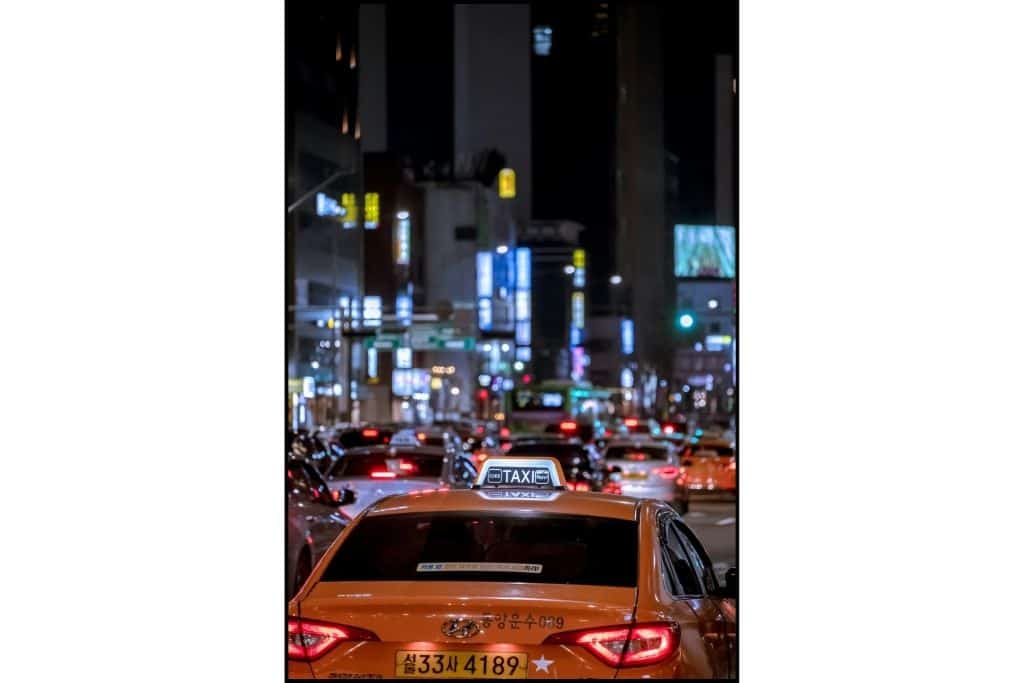
To avoid this, always insist on using the meter or consider using apps like Kakao Taxi for fair and transparent fares. Keep your destination visible and follow along in a navigation app to ensure you’re on the right track.
I’ve only taken a cab a few times through the Uber app. I had the navigation app up for the ride because I was nervous about missing my train. At first, I thought he was taking a long route, but he was having a hard time getting out of the neighborhood. Read more about must-have apps for travel HERE
Unsolicited Religious Invitations
This is one situation that you might actually encounter! In public spaces like subway stations or busy streets, friendly Koreans fluent in English will approach you and engage in conversation or ask a question.
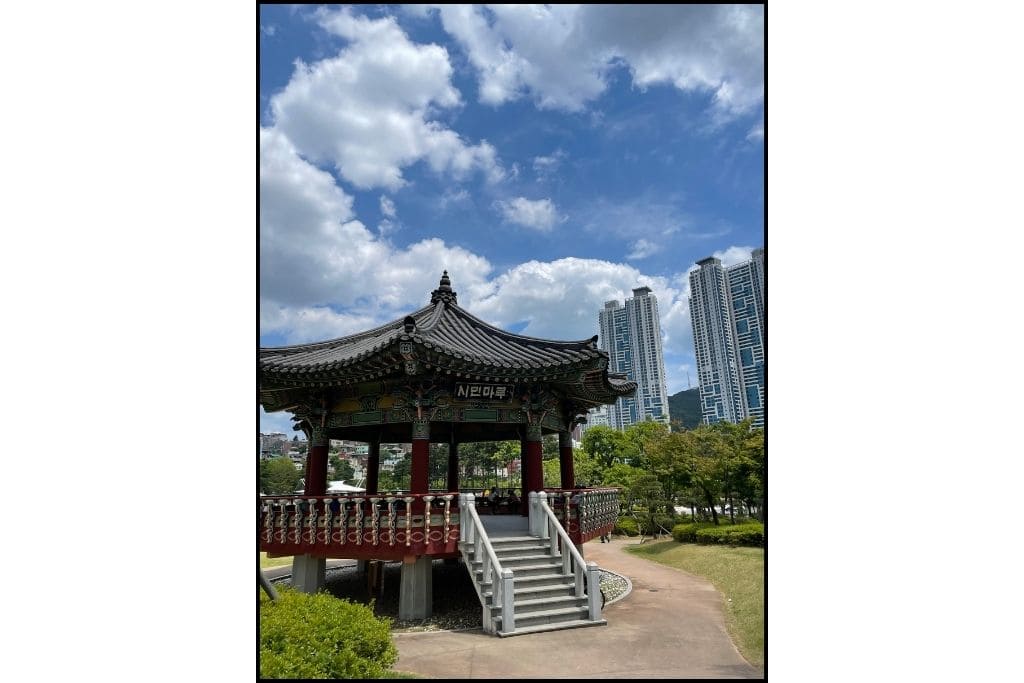
During this conversation, they will invite you to a cultural event or traditional tea ceremony. These interactions can lead to aggressive recruitment by religious cults. Politely decline and walk away.
I’ve encountered this situation three times during my visits to South Korea. It could be college-aged Koreans who approach you or well-dressed Korean women who approach you. It’s always two people.
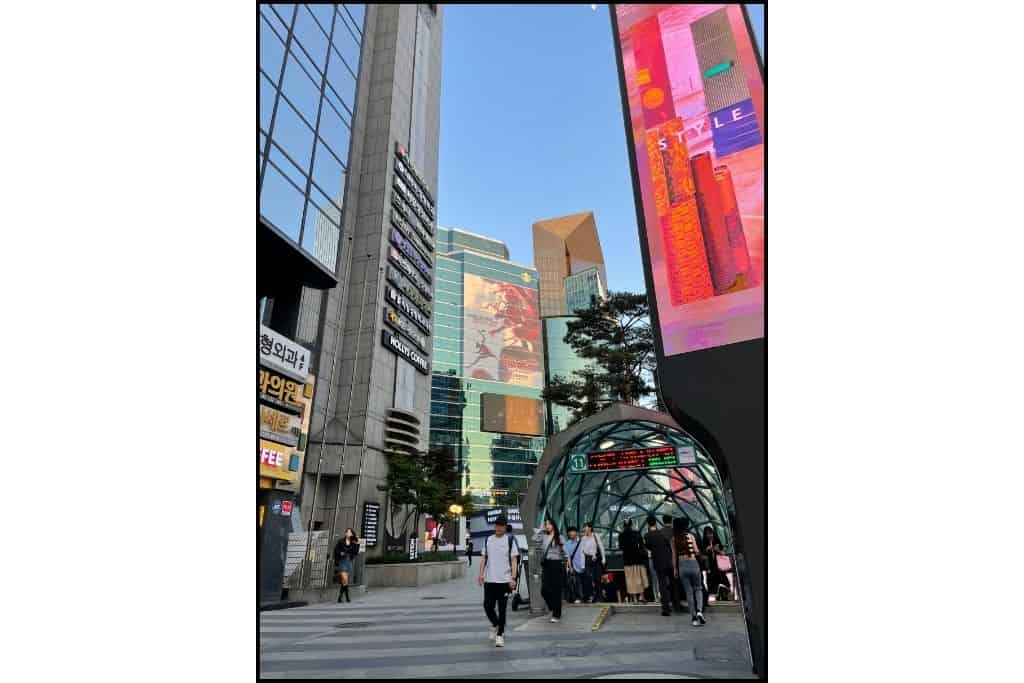
They can be persistent, trying to convince you to attend their event by suggesting you’ll miss out on something special. It’s important to be firm, say no, and walk away.
It’s worth noting that, generally, most Koreans don’t approach strangers for casual conversations, especially foreigners, unless it’s in a social setting like a café or bar. Even then, they tend to be a bit shy about starting conversations with strangers.
Price Gouging
At restaurants, markets, norebangs, and even renting a hanbok, the prices might not always be listed—or you might be charged more as a foreigner.
To avoid surprises, always ask for the price before ordering or booking, especially in tourist-heavy areas.
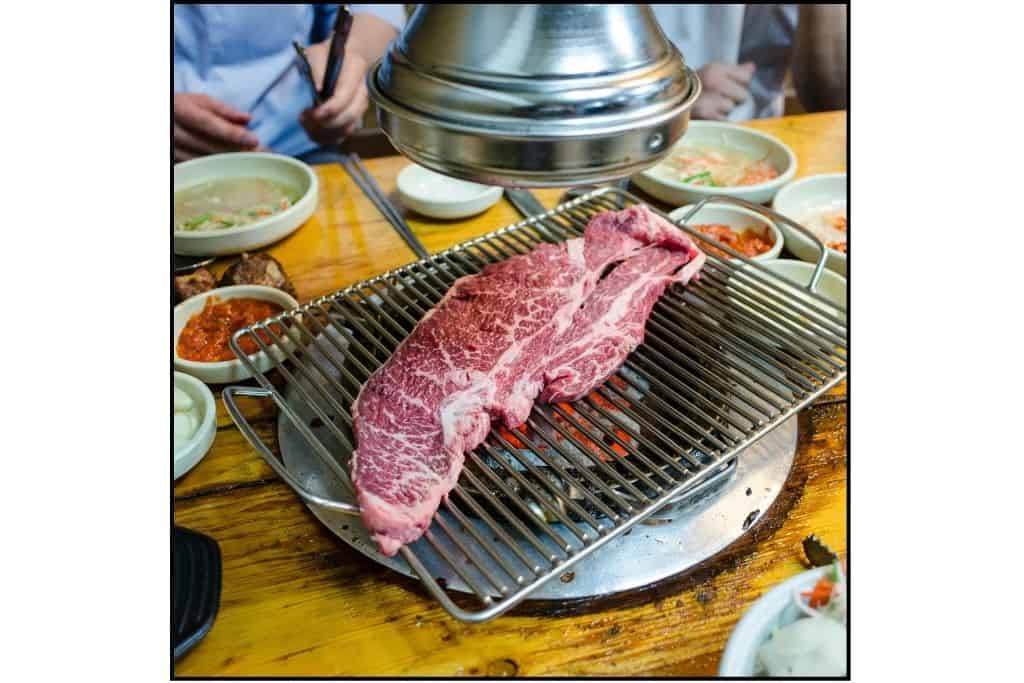
Some restaurants might charge you for two servings. For instance, if you go for BBQ or ‘jigae’ (stew), the servings are for two people.
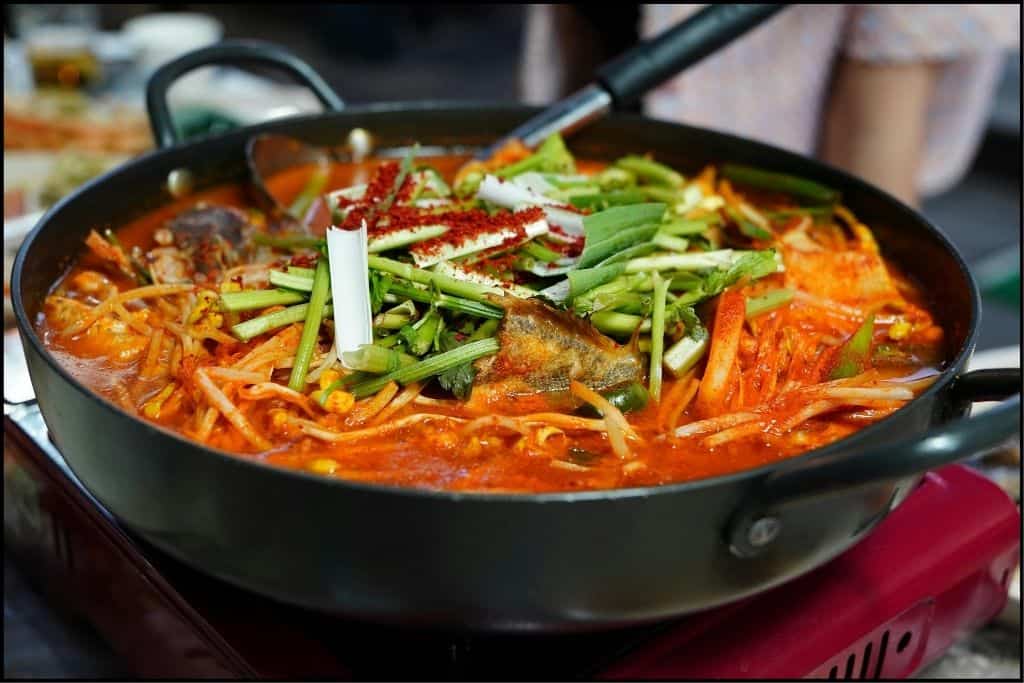
I’ve never been charged for two at a restaurant. I don’t go to places for BBQ because I’m solo, but I have heard others have been told to pay for two servings.
Also, it’s good to note you don’t have to buy anything from 3rd party sites to reserve a hanbok. There are generally several shops in the area full of hanboks.
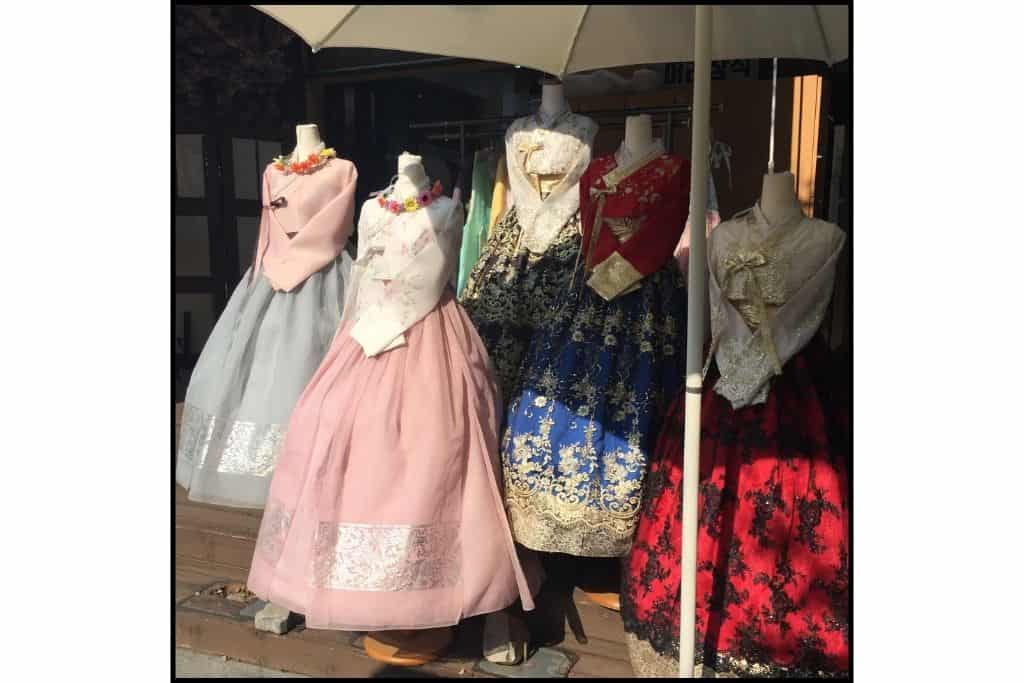
When I rented a Hanbok, I didn’t visit the first store I saw. I looked for smaller stores that were a little off the beaten path. The larger stores that carry the high-end, luxury Hanboks in high-traffic areas will tend to cost more.
“Free” Friendship Bracelets or Gifts
Scammers may offer a “gift,” such as a bracelet, charm, blessing, or reading, and then demand payment. Politely decline any unsolicited gifts and walk away.
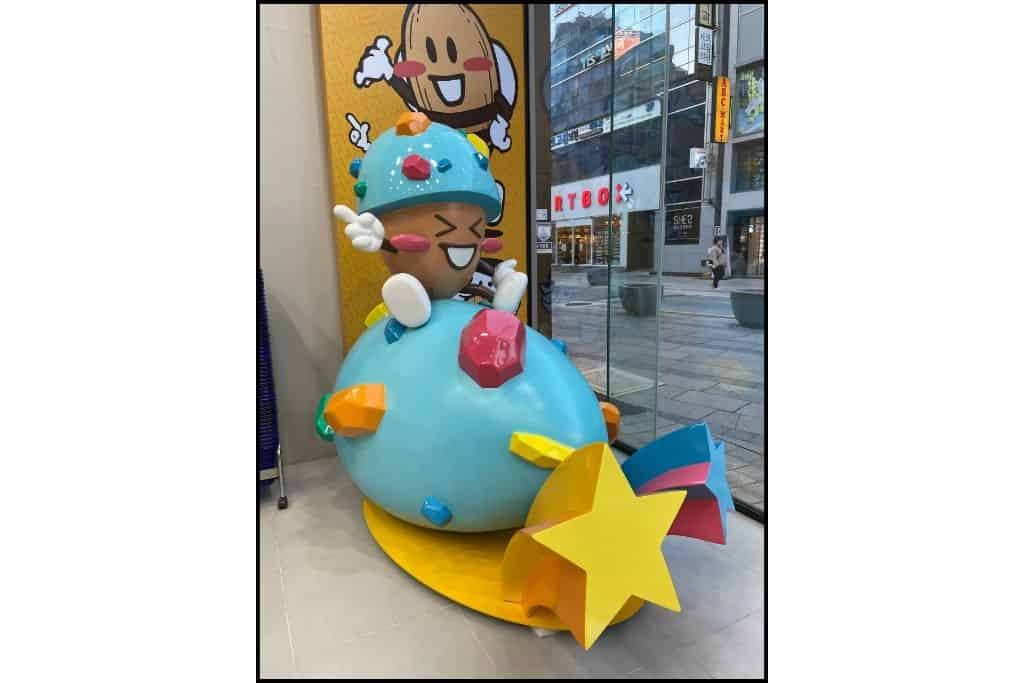
I was offered a bracelet by a monk. I asked him why he was giving this to me, but I refused it, saying I couldn’t accept it because I had no money. He took it back and moved on.
Bar and Club Misunderstandings
Some nightlife spots may charge foreigners entry fees, hidden fees, or require them to buy overpriced drinks for entry.

To avoid unexpected expenses, be upfront about costs before committing.
Pushy Sales Tactics at Markets
While not a scam, some market vendors may aggressively sell their products or quote higher prices to tourists.
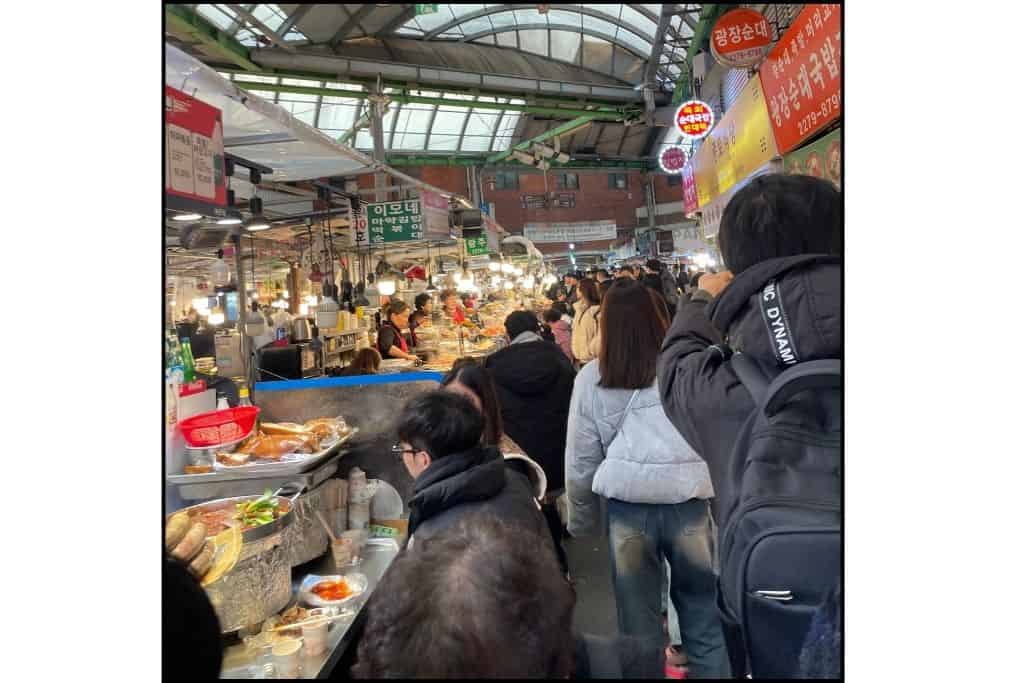
A little polite bargaining can go a long way, but don’t feel pressured to buy if it’s outside your budget or comfort level.
Fake Tour Guides
In tourist-heavy areas like palaces or markets, someone may claim to be a guide offering free or cheap services, only to charge a hefty fee later or direct you to overpriced shops or restaurants.
Stick to official guides or book tours in advance to avoid this.
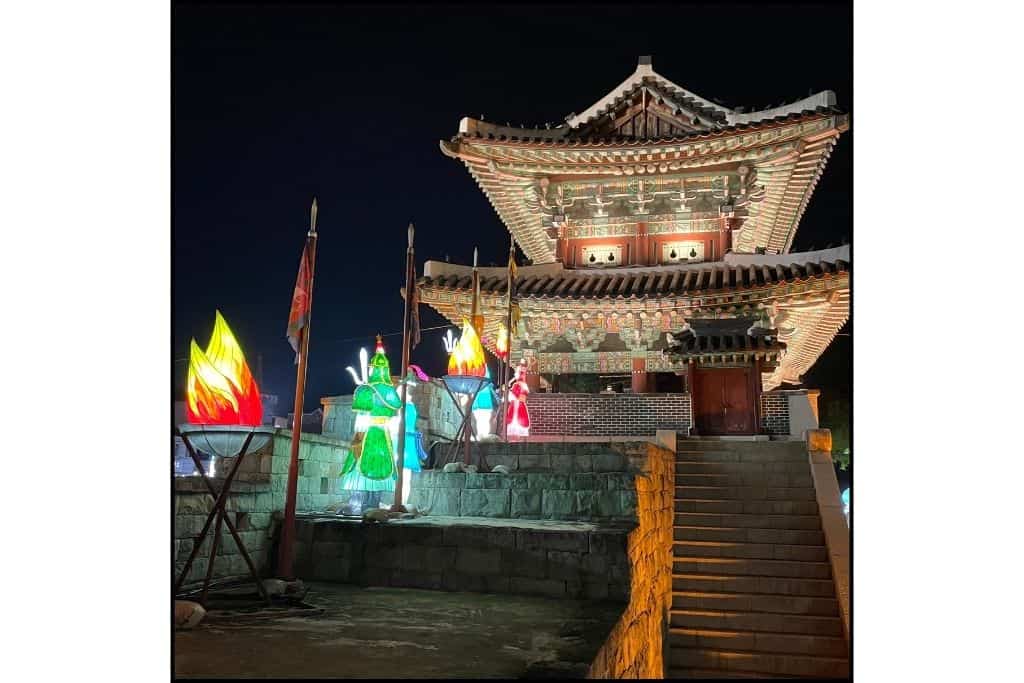
There are free guided English tours at specific times at the palaces in Seoul you can join for free, so there is no need to pay anyone.
Currency Exchange Scams
Though less common in South Korea than in other countries, you might encounter unfavorable rates or counterfeit currency at unofficial exchange booths or through private transactions.
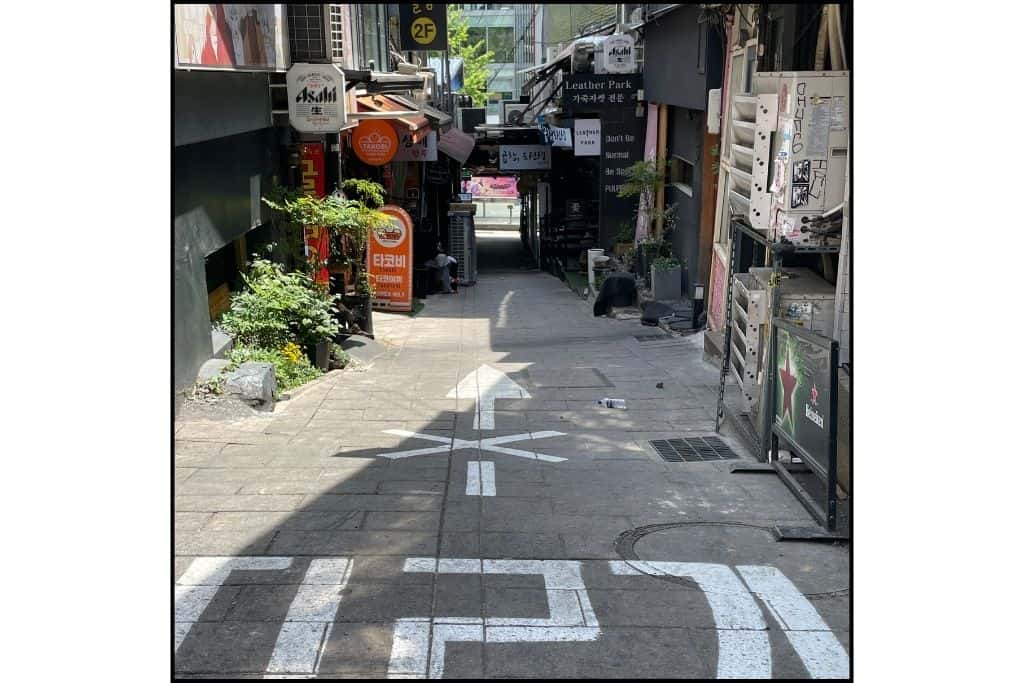
Always use authorized exchange counters or banks that clearly display their rates.
Overpriced Tourist Spots
Popular shopping districts like Insadong, Myeongdong, and certain areas of Hongdae tend to have higher prices for souvenirs or street food compared to less touristy locations.
While this isn’t exactly a scam, it’s something to be aware of if you’re trying to shop on a budget.
If you do a lot of shopping, you’ll likely find the same souvenirs at different places—sometimes cheaper. However, if you don’t have much time to shop and something is within your budget, I’d recommend just buying it. You never know if you’ll see it again or have another chance to shop.
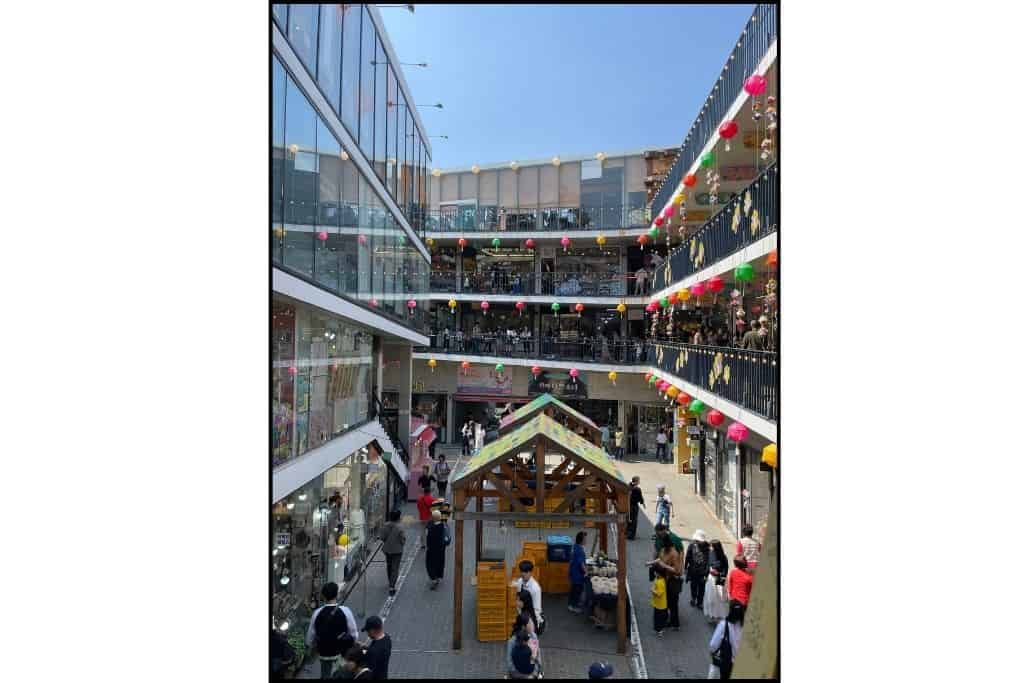
Some places, like Ssamzigil in Insadong, specialize in handmade goods and unique souvenirs you won’t find elsewhere. These items may seem pricey, but they are often one-of-a-kind, making them worth the cost if you’re looking for something special.
We can say the same about eating street food at night and at food markets. Some people feel that Myeongdong has overpriced street food and warn others to avoid it.
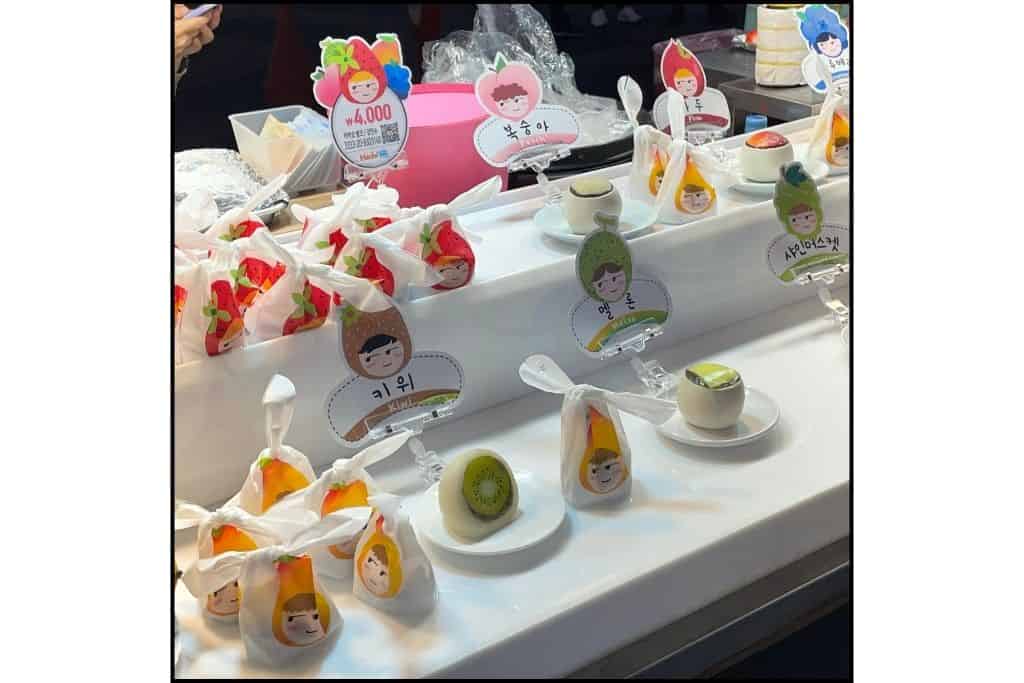
Myeongdong is a more touristy area, so the food might be priced a bit higher than in Hongdae. However, most people want to experience the vibe of Myeongdong at least once.
FAQ
While scams are not as prevalent as in other countries, tourists may occasionally encounter situations like overcharging or unsolicited invitations. Being informed and cautious is the best way to avoid these situations.
To avoid scams, always check prices before committing to any purchase or service, decline unsolicited invitations, and use official services like taxis or tour guides. Being mindful of your surroundings, especially in crowded tourist areas, can also help.
If someone offers you a free event or tour, especially in busy areas like subway stations or streets, politely decline. These invitations are often used to lure you into aggressive religious or sales pitches.
While most taxi drivers are honest, some may attempt to overcharge tourists by not using the meter or taking longer routes. Always insist on using the meter and consider using apps like Uber or Kakao Taxi for more transparent pricing.
South Korea is generally safe, but staying vigilant in crowded areas is always a good idea. Carry your bag in front of you, use anti-theft backpacks, and be cautious when navigating busy tourist spots to avoid potential pickpockets.
Final Thoughts on Avoiding Scams
Even though there are some scams to be mindful of, I have never experienced anxiety or concern about coming across them. Nor have I ever felt the need to be overly guarded during my visits to South Korea. I feel confident navigating the country, knowing that being informed and cautious is usually all it takes to avoid any issues.
South Korea is a safe destination for travelers. But the most important thing is to remain aware of typical scams and how to avoid them.
You can steer clear of awkward situations by being aware of unsolicited invitations, researching prices in advance, and exercising caution in crowded areas.
You can travel with peace of mind and take full advantage of all that South Korea has to offer by taking these easy precautions.
